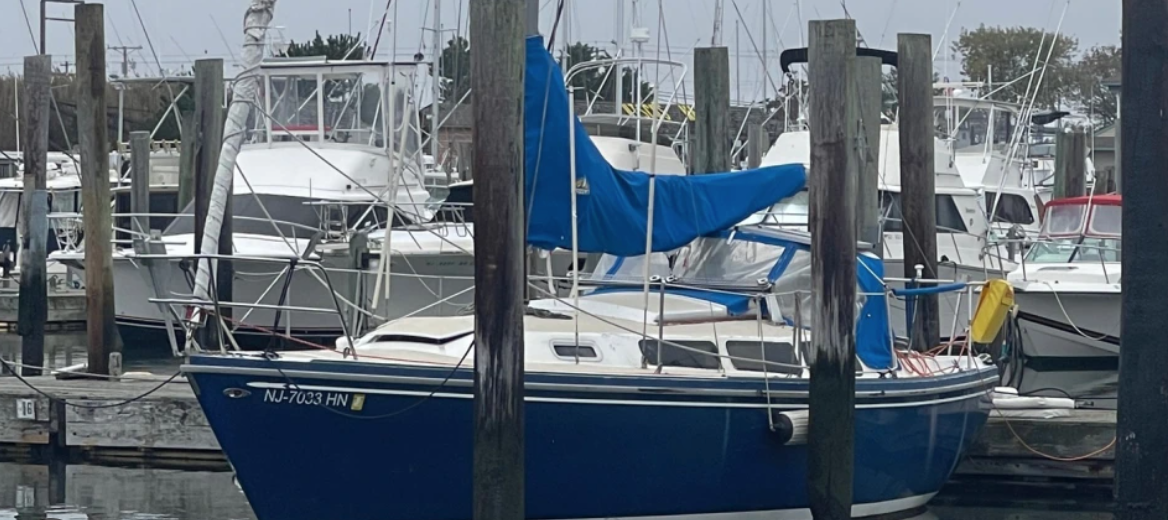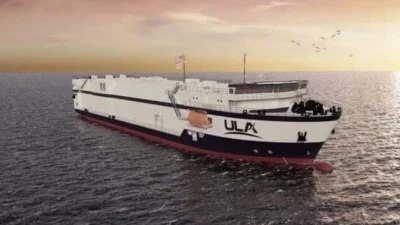A pair of Florida-bound recreational sailors last heard from Dec. 3 were picked up by a tanker 214 miles east of Delaware Dec. 13 after a massive search that covered 21,000 square miles, according to the Coast Guard.
Kevin Hyde, 65, and Joe Ditomasso, 76, were sailing the Atrevida II, a 30’ Catalina sloop, on the late fall East Coast snowbird passage from Cape May, N.J. to Marathon, Fla., and were last in contact with family and friends when they departed Oregon Inlet, N.C.
Watchstanders at the Coast Guard Fifth District command center in Virginia were notified Dec. 11 that Hyde and Ditomasso were overdue. The Coast Guard began urgent marine information broadcasts and direct communication with commercial vessels in the area in an attempt to locate them.
The Coast Guard launched multiple fixed-wing aircraft, helicopters and three cutters to search for the Atrevida II. Ships from the Navy’s Second Fleet and commercial and recreational vessel traffic joined in the effort.
In all they scoured 21,164 square miles of the Atlantic, spanning from northern Florida to the waters east of New Jersey.
Meanwhile the Atrevida II was out of fuel and power, with its radios and navigation equipment inoperable, the Coast Guard said. When the Hong Kong-flagged tanker Silver Muna appeared nearby, Hyde and Ditomasso attracted the crew’s attention by waving their arms.
Hyde, Ditomasso, and their pet dog were brought aboard the 600’x105’ Silver Muna at 4:18 p.m. Tuesday and evaluated by the vessel’s medical staff with no immediate concerns. They sailors remained aboard the tanker enroute to New York, before transfer to a Coast Guard vessel for evaluation and rejoining family and friends.
“This is an excellent example of the maritime community’s combined efforts to ensure safety of life at sea,” said Cmdr. Daniel Schrader, a spokesperson for Coast Guard Atlantic Area.
The Coast Guard stressed the Atrevida II case shows the need for all mariners to carry adequate safety and communications equipment, including emergency position indicating radio beacons.
With the range limitations of VHF radios and cell phones, safety experts with the Coast Guard and National Transportation Safety Board also recommend EPIRBs, satellite phones and personal locator beacons for mariners who go farther offshore in small vessels.





